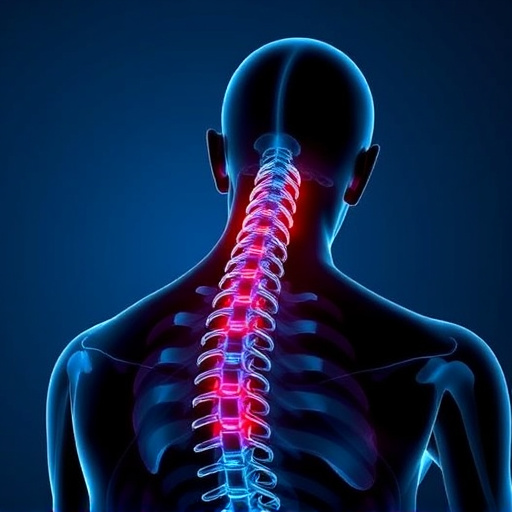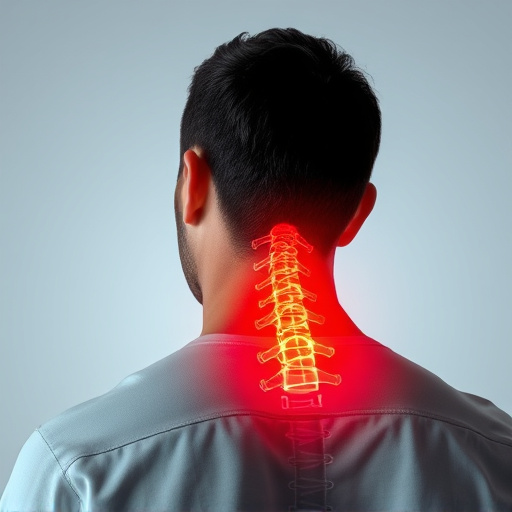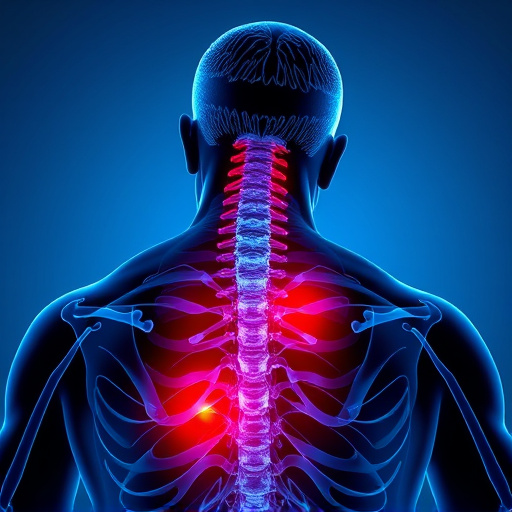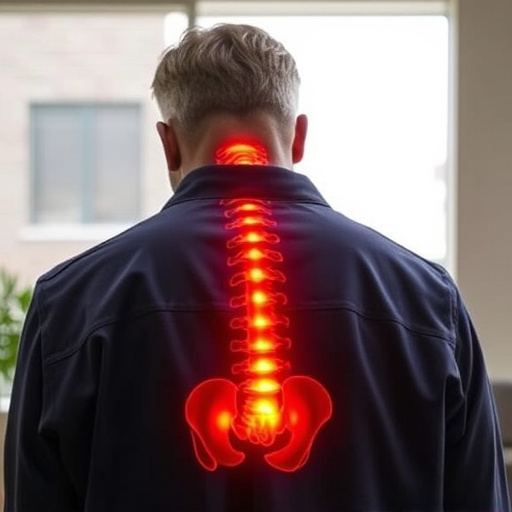Vehicle collisions can cause serious, often hidden injuries like whiplash, spinal damage, brain injuries, internal bleeding and fractures. Personal Injury Protection (PIP) insurance, with its 14-day rule, offers crucial support by enabling immediate medical treatment, covering eligible expenses, and ensuring prompt claims processing. Seeking specialized care within this timeline is vital for managing injuries, preventing complications, and recovering fully. Understanding PIP rights and the 14-day rule is essential for navigating the aftermath of an accident effectively and securing fair compensation.
“After a vehicle collision, specialized care is often crucial for managing complex injuries. This comprehensive guide delves into the intricacies of understanding and treating these injuries, highlighting the pivotal role of PIP (Personal Injury Protection) insurance in covering medical expenses. We explore the significance of the 14-day rule in initiating specialized care and provide insights on navigating treatment plans. By recognizing appropriate medical services and advocating for fair compensation, individuals can ensure they receive the best possible recovery journey post-accident.”
- Understanding Vehicle Collision Injuries and Their Complexities
- The Role of PIP Insurance in Covering Medical Expenses
- Decoding the 14-Day Rule: When to Seek Specialized Care
- Identifying Appropriate Specialised Medical Services
- Navigating Treatment Plans and Recovery Journeys
- Advocacy for Fair Compensation: Your Rights After an Accident
Understanding Vehicle Collision Injuries and Their Complexities

Vehicle collisions can result in a wide range of injuries, often complex and multifaceted. These injuries may not be immediately apparent, with some conditions developing over time, adding another layer of complexity to the recovery process. Understanding these potential injuries and their unique challenges is crucial for both victims and healthcare professionals. Every collision is different, and so are the subsequent effects; some common yet serious outcomes include whiplash, spinal cord damage, traumatic brain injuries (TBI), internal organ damage, and fractures.
In such cases, specialized care becomes indispensable. Medical professionals must consider not just the physical aspects but also the psychological impact of these injuries. The 14-day rule, as per PIP insurance, emphasizes the need for prompt treatment and documentation to facilitate efficient claims processes. Recognizing and addressing these injuries’ nuances is vital to ensuring victims receive adequate support and compensation during their recovery journey.
The Role of PIP Insurance in Covering Medical Expenses
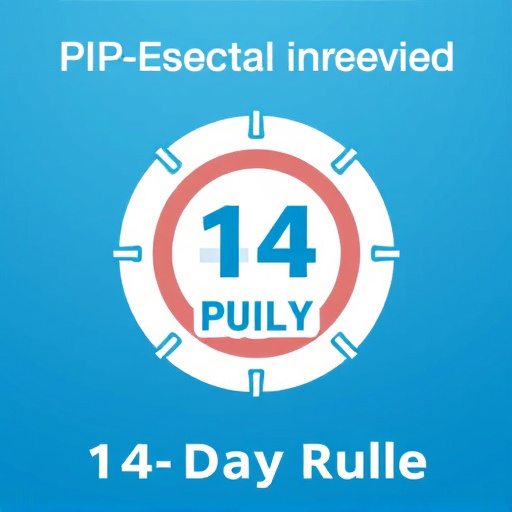
After a vehicle collision, individuals often seek compensation and support for their medical expenses through various forms of insurance. Personal Injury Protection (PIP) insurance plays a crucial role in ensuring that policyholders receive necessary care and financial assistance during this challenging time. One key aspect is the 14-day rule, which allows insured individuals to initiate medical treatment without prior authorization from their insurance provider. This provision is especially vital as it encourages victims to seek prompt medical attention, ensuring their health and well-being take precedence.
Under PIP insurance, eligible expenses such as hospital stays, doctor visits, and prescription medications are covered, providing a financial safety net. The 14-day rule ensures that policyholders can access these benefits without delays, allowing them to focus on recovery while the insurance company handles the administrative processes. This streamlined approach is designed to help collision victims navigate their healthcare needs effectively.
Decoding the 14-Day Rule: When to Seek Specialized Care

After a vehicle collision, understanding when to seek specialized care is crucial, especially in relation to Personal Injury Protection (PIP) insurance and the 14-day rule. This rule stipulates that individuals involved in car accidents should consult with healthcare professionals within 14 days for any injuries resulting from the incident. Ignoring this timeline may negatively impact your claim.
The 14-day rule is in place to ensure timely diagnosis and treatment, which are essential for managing pain and potential long-term effects of collision-related injuries. It encourages victims to actively manage their health, potentially preventing minor issues from becoming more severe. Prompt action also facilitates a clear medical record, benefiting the PIP insurance claim process.
Identifying Appropriate Specialised Medical Services

After a vehicle collision, identifying appropriate specialized medical services is crucial for optimal recovery. Victims should consider seeking care from professionals experienced in treating auto accident-related injuries. These can include physical therapists, occupational therapists, and specialists in whiplash or traumatic brain injuries (TBI), among others. The PIP insurance 14-day rule provides a framework for prompt access to these services, ensuring that policyholders receive necessary treatment without undue delay.
When navigating the aftermath of an accident, it’s essential to act swiftly. The 14-day rule encourages early intervention and can help prevent long-term complications or misdiagnoses. Patients should communicate openly with their healthcare providers about their symptoms and treatment goals. By working closely with specialists, individuals can enhance their chances of a successful recovery and regain mobility, functionality, and overall well-being after a vehicle collision.
Navigating Treatment Plans and Recovery Journeys

Navigating treatment plans and recovery journeys after a vehicle collision can be complex, especially as every injury and individual’s healing process is unique. Victims often require specialized care to address the physical, emotional, and psychological impacts of their injuries. This process involves close collaboration between medical professionals, rehabilitation specialists, and insurance providers. One key aspect to remember is the PIP (Personal Injury Protection) insurance 14-day rule, which mandates that insurers approve or deny a patient’s treatment plan within 14 days of receiving the claim. This ensures timely access to necessary care and supports individuals in their recovery journeys.
Effective communication between healthcare providers and insurance companies is crucial to ensure continuity of care. Patients should actively participate in this process by keeping detailed records of their treatments, diagnoses, and prognoses. Understanding one’s rights and responsibilities under PIP insurance can significantly impact the overall recovery experience, helping individuals navigate both medical and financial aspects of their post-collision care with confidence and clarity.
Advocacy for Fair Compensation: Your Rights After an Accident
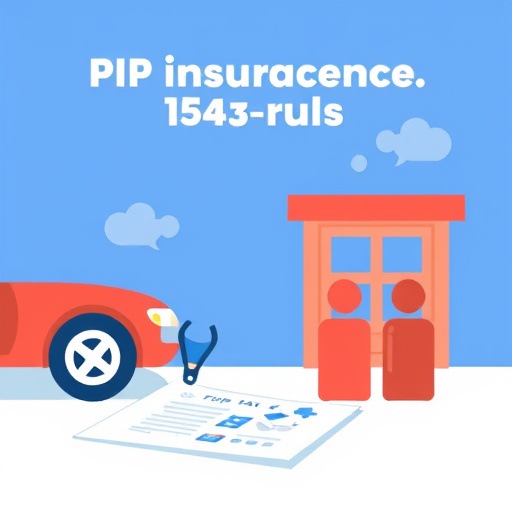
After a vehicle collision, understanding your rights and advocating for fair compensation is crucial. Many drivers are unaware that they have specific legal protections and benefits available to them, especially when it comes to medical coverage and financial support during their recovery. In many jurisdictions, PIP (Personal Injury Protection) insurance plays a vital role in ensuring victims receive adequate care and financial assistance. The 14-day rule is a significant aspect of this; it allows injured parties to initiate the claims process within a short timeframe, ensuring they can access necessary medical treatment and compensation without undue delay.
Knowing your rights enables you to navigate the complex aftermath of an accident effectively. This includes being aware of deadlines for filing claims, understanding the scope of coverage under your insurance policy, and knowing how to document and present your injuries and losses. By advocating for yourself or with the help of a legal professional, you can ensure that your rights are protected, and you receive fair compensation for the damages incurred during the collision.










